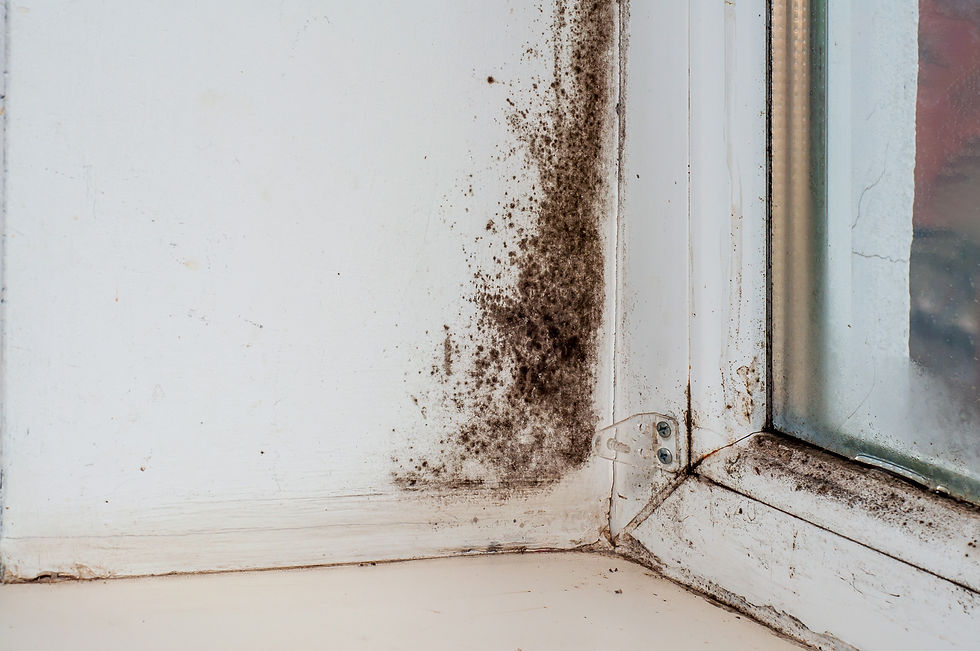5 Facts You Need to Know About Legionella Bacteria
- Cleenol
- May 17, 2021
- 2 min read
In Focus this Month: 5 Facts about Legionella Bacteria
Have your water systems been out of use during the lockdown? Beware! Legionella could be lurking in your showerheads, dishwashers, pools or water features. Use bleach or a cleaning product that passes EN 1276 or EN 13623 to fight these nasty bacteria. Contact our customer service team for a price quotation and information on the right product for any job: +44(0)1295 251721 | sales@cleenol.co.uk
1 - Legionnaires' disease can be fatal
Legionellosis is a collective term for diseases caused by legionella bacteria including the most serious: Legionnaires' disease – a type of pneumonia.
The risk of getting seriously ill increases with age. Some additional groups at higher risk include heavy smokers as well as people with respiratory illnesses, kidney disease, diabetes, heart disease or an otherwise impaired immune system.
2 - Legionnaires' can result from inhaling water droplets
When water containing Legionella is aerosolised and those particles are inhaled into the lungs, they can cause Legionnaires' disease. An average of 350 cases of the disease are reported each year in the UK. Symptoms include high fever, headache, muscle pains and confusion. It can take up to a year to fully recover.
3 - Pools, hot tubs, water tanks, dishwashers and fountains could be affected
Legionella bacteria have been found in water systems ranging from 6°C to 60°C, although they grow best at 20–45°C. Warm and stagnant water is an ideal growth environment for Legionella.Lower flow rates of water in pipes, like those during the lockdown, can accelerate growth. Bacteria can colonise in plumbing, showerheads, water storage tanks and hot water cylinders as well as cooling towers, spas, hot tubs, pools and water features.
4 - Keep water below 20 or above 60 degrees
Water should either be under 20°C or over 60°C to prevent legionella growth. Treatment chemicals are often used in swimming pools and spas to kill legionella. Chemicals like chlorine are effective at killing the bacteria, but they must be used responsibly and at the correct ratios. Look for products that pass the British Standard EN 1276 or 13623 when shopping for cleaning products that kill legionella.



